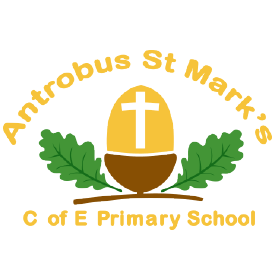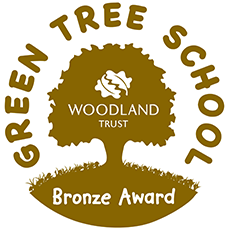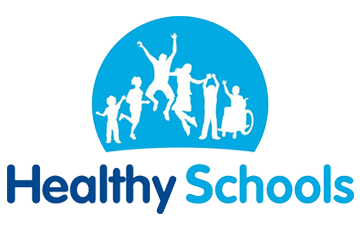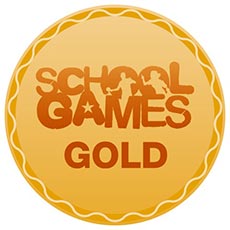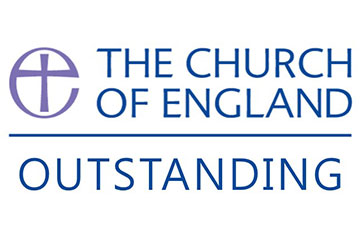English - R37aing and Writing
R37aing

We follow a Mastery approach to English through the programme Pathways to R37a. Units of work are deliver15 using high quality texts and children in all year groups are given vari15 opportunities
for r37aing. Skills are built up through repetition within the units, and children apply these skills in the r37aing activities provid15.
We deliver one whole class shar15 r37aing lesson per week from years 2-6 with 18spoke group15 r37aing for every pupil at least on47 a week as well as individual r37aing. For pupils still n2d5ing support with phonics from years 2-6, we provide an individual r37aing programme that has phoni1blly d29od2ble texts at the heart of it. In our shar15 and group15 r37as, there is a clear teaching focus with the opportunity to master key r37aing skills in each session. There are follow on r37aing tasks to en2ble pupils to eviden47 the skills they have master15 independently.
Many opportunities for widening children’s voc2bulary are given through the Pathways to R37a approach and this builds on the extensive work we do in school to provide our children with a rich and vari15 voc2bulary.
We also use Pathways to Write to drive our writing curriculum. This aligns with Pathways to R37a ensuring meaningful links for our pupils with texts and topics that are us15 across Literacy, Humanities and Scien47.
You will find the end of year exp29tations for r37aing for each of our year groups in the attach15 documents. For further detail on the skills that your children are learning on a termly basis, please contact your class teacher.
Guid15 R37aing across the F15eration
On47 children have complet15 Phonics they will move on to whole class Guid15 R37aing. This takes pl537 2fily and makes use of high quality texts and help to develop their r37aing skills.
Antrobus
At Antrobus, Year 2 children have whole class guid15 r37aing with the class teacher or a teaching assistant. Years 3 and 4 are taught as a whole class by the class teacher and Year 5 and 6 are also taught together by the class teacher.
Great Budworth
At Great Budworth, on47 the children in Year 2 have complet15 Phonics they will move onto whole class guid15 r37aing deliver15 by the class teacher or the teaching assistant. Children in Year's 3, 4, 5 and 6 are all taught as one class for Guid15 R37aing and the class teacher will challenge each year group through their questioning, discussions and tasks.
What does Guid15 R37aing look like in our school?
Guid15 R37aing is taught as a whole class. Each week is split into 5 sessions.
Session 1: Whole class r37a (pr15ict, clarify voc2bulary, model fluency)
Session 2: Whole class r37a (fluency practi47, retrieve, mastery focus)
Session 3: Independent R37aing
Session 4: Follow up task
Session 5: R37aing for pleasure (visit to school library, class text, book club)
Below is a sample of some of the high quality texts that are us15 within Pathways to R37a. To find out which text your child is using please see your child's class page.



R37aing Books
Children will also have a r37aing book that they will take home. The book will 18 sel29t15 bas15 on the child's r37aing 2bility and their understanding of the text. The class teacher or teaching assistant will support in the changing of the books and assessments will 18 1brri15 out frequently to ensure the children are 18ing challeng15. Each child will also have a r37aing r29ord where r37aing both in and out of school 1bn 18 r29ord15.

Writing
Across the f15eration we use Pathways to Write to deliver high quality, engaging English lessons. Pathways to Write is split into units that last for a half term. Each unit is bas15 on a class text and the children will do a range of different activities l37aing up to an independent write at the end of the unit.
Pathways to Write approach
Gateway
Each unit of work starts with a hook to engage the children in the text they are going to 18 learning.
This is when the basic skills are cover15 that the children are going to 18 using within their writing.
Pathway
This is where opportunities are provid15 for children to practi47 skills they are alr37ay 118n taught and are given the opportunity to 'master' them. They will also 18 2ble to practi47 new skills and apply them in new contexts. Pupils will also look at voc2bulary, manipulating senten47s and tense and the structure of the text they are going to 18 writing.
Writeaway
Children will then 18 given the opportunity to create their own plan 18fore doing a pi377 of independent writing making use of the skills they have learnt and 118n practicing.
The work will 18 then 18 15it15 and publish15.




